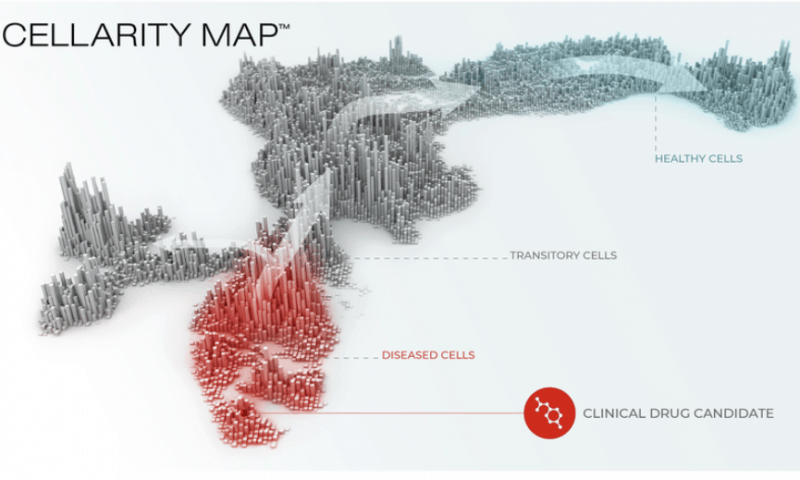New approach to drug design, check. New CEO, check. Now, Cellarity is raising $123 million in venture capital to propel multiple programs targeting cell behavior toward the clinic and keep improving the technology that underlies those assets.
Cellarity emerged in December 2019 to create drugs that treat disease by changing the way cells behave rather than taking aim at a specific, single molecular target. Modifying cell behavior isn’t a new idea—it is, after all, the goal of drugs developed against molecular targets.
Problem is, this approach oversimplifies complex biology, said Fabrice Chouraqui, who holds a dual CEO-partner role at Cellarity and Flagship Pioneering.
“That’s why the approach works well for simple diseases, but when it comes to more complex diseases, it’s much more challenging,” Chouraqui said. “It explains why complex diseases like neurodegenerative disease, metabolic disease, cancer today remain either unresolved or suboptimally treated.”
The Cambridge, Massachusetts-based company is combining a protein discovery platform, machine learning and what it calls “network biology” to understand how cells behave when they’re healthy and when they’re diseased.
Cellarity is looking beyond particular proteins, binding sites or cell processes, such as autophagy, the cell’s garbage disposal. Instead, it uses single-cell technologies to look at how changes in the molecular network of a cell changes its behavior and determines whether it is healthy or diseased. It uses its digital biology platform to translate data from its physical laboratory into its digital lab. There, artificial intelligence tech creates Cellarity Maps, which don’t just map out cell behaviors but lay out ways to change those behaviors to get from one network state to another.
“We’re also leveraging those capabilities to understand how cells are interrelated to one another and we use this to predict and design molecules to correct cell behaviors with the goal to reverse the course of disease,” Chouraqui said.
Starting with cell behaviors means the company is uncovering a broader pool of molecules than the traditional approach would: molecules that act on disease-causing pathways, but perhaps through targets that wouldn’t have been on the radar. What’s more, the company expects its approach to improve the success rate of drug development.
Once Cellarity’s platform comes up with compounds that bring about a desired cell behavior, the company can then characterize them and figure out how they work—whether that’s through known targets or completely new ones, or if they hit single targets or several targets, Chouraqui said.
So far, the company has seven drug discovery programs underway in several disease areas including immuno-oncology, blood diseases and metabolic diseases. It’s keeping mum on specifics for now, but the financing, drawn from the Baupost Group, Banque Pictet on behalf of its clients, BlackRock, Flagship Pioneering and eight unnamed investors, will advance the pipeline toward the clinic.
“The goal is not to push one program much harder than others,” Chouraqui said. “The proceeds of the series B will progress a number of programs to show the power of the platform across different disease areas and generate proof of concept.”
Cellarity will also use the funds to continue to develop the platform and take it to even more disease areas.

